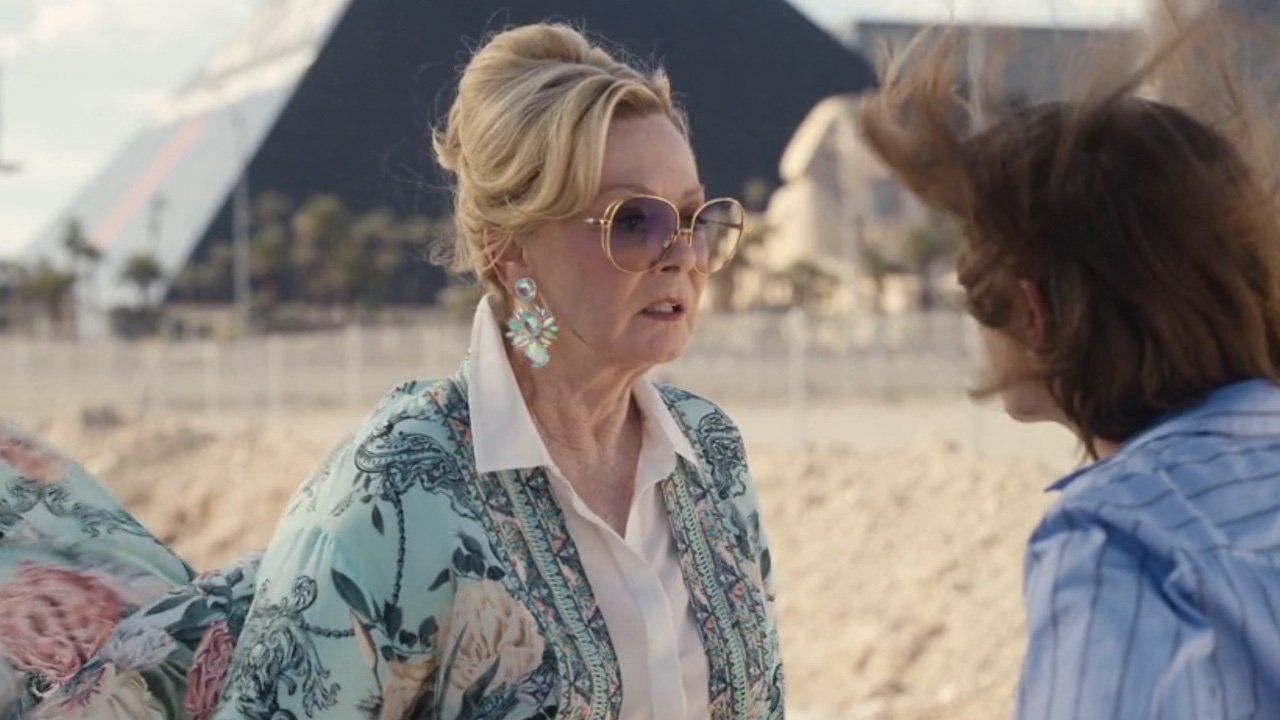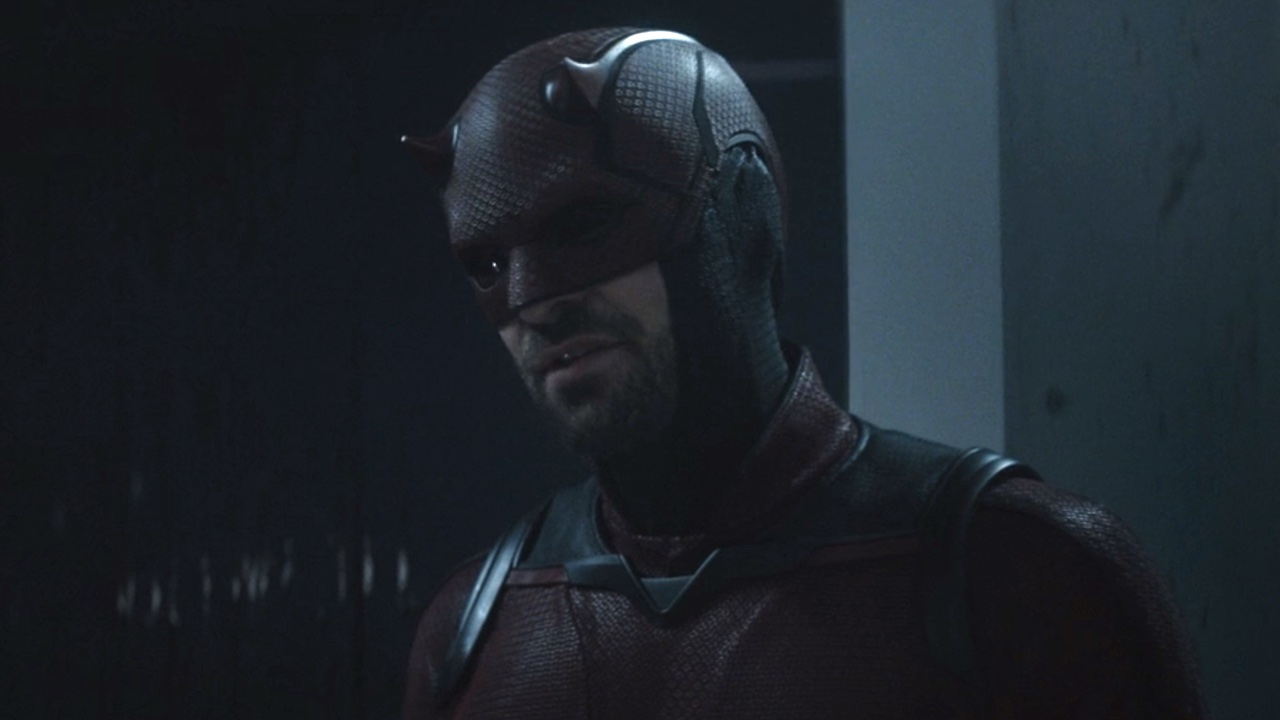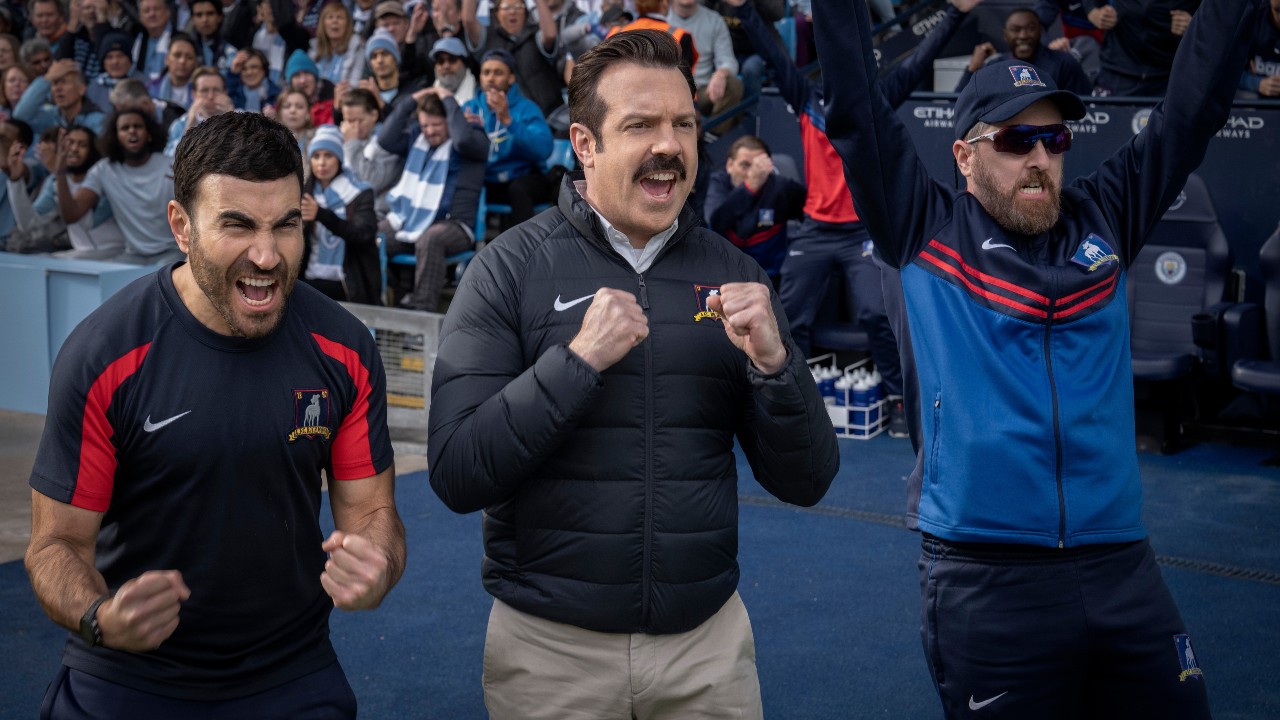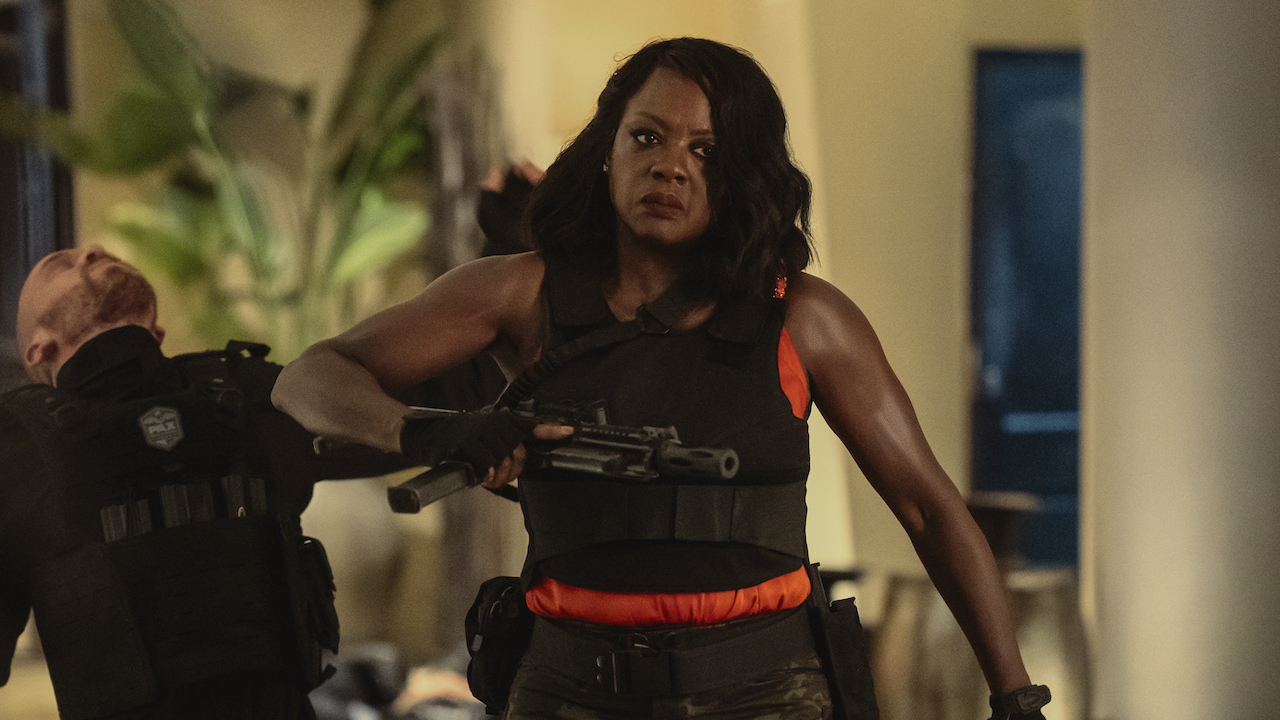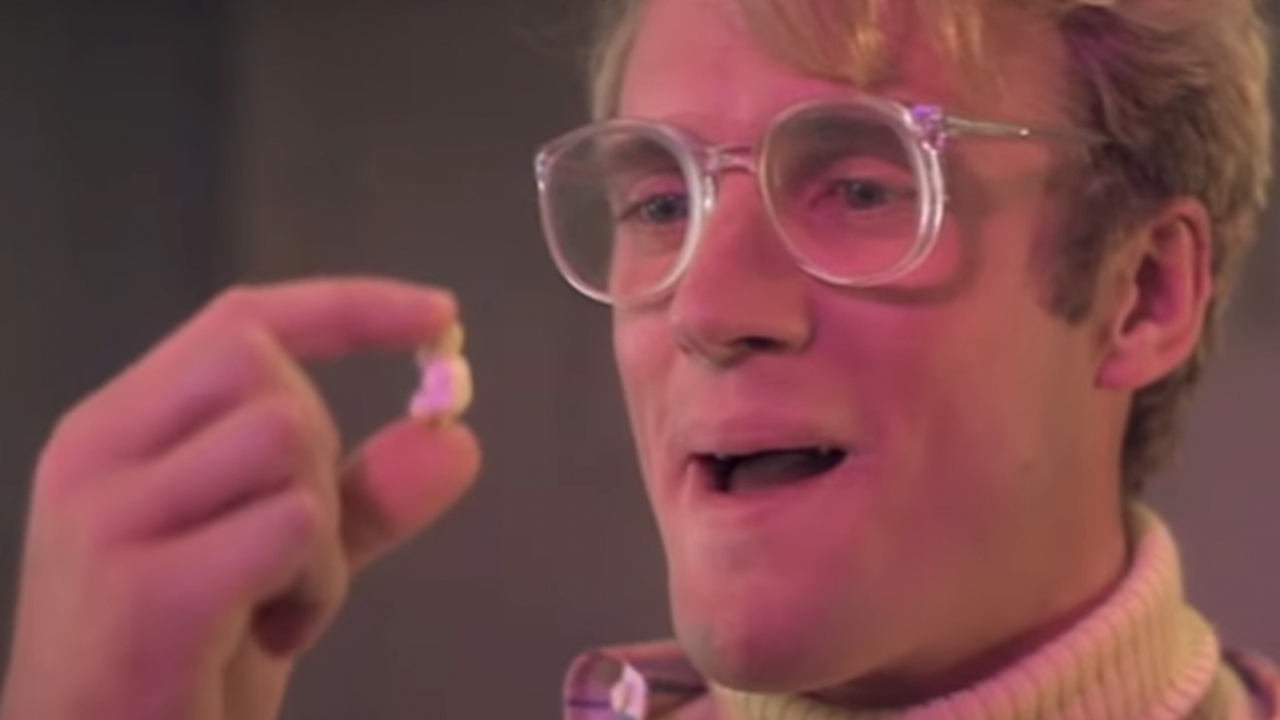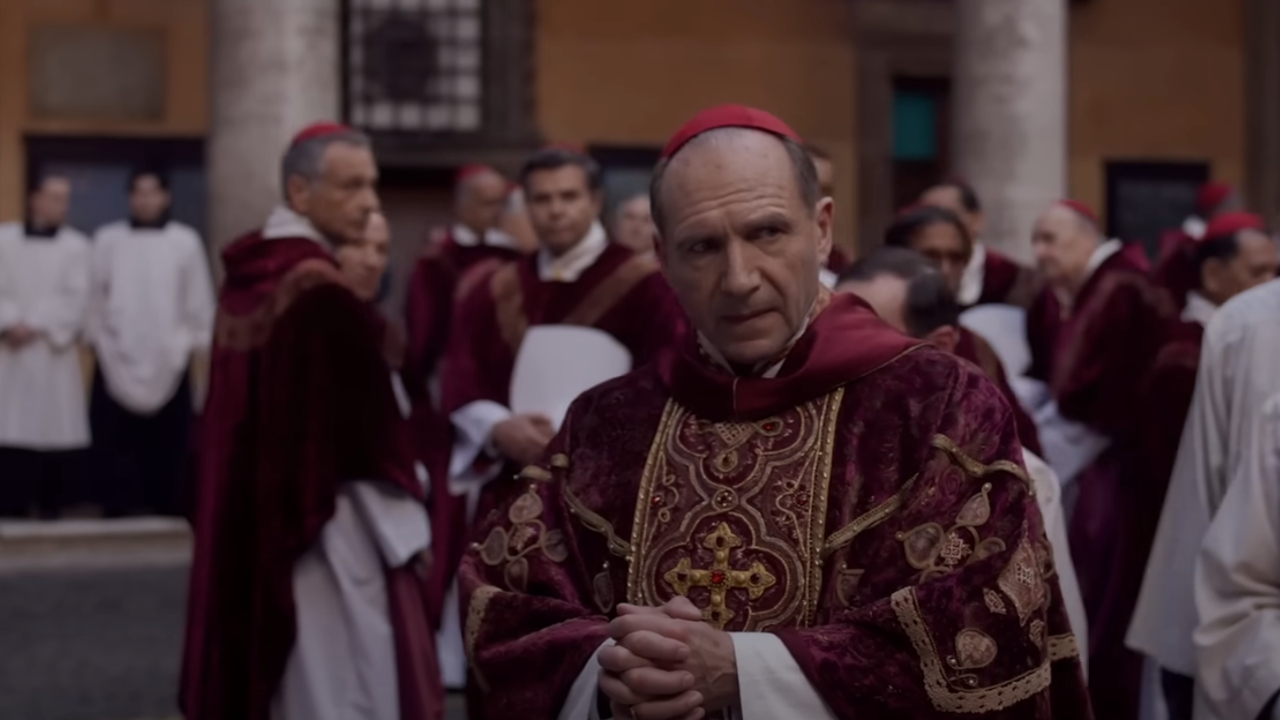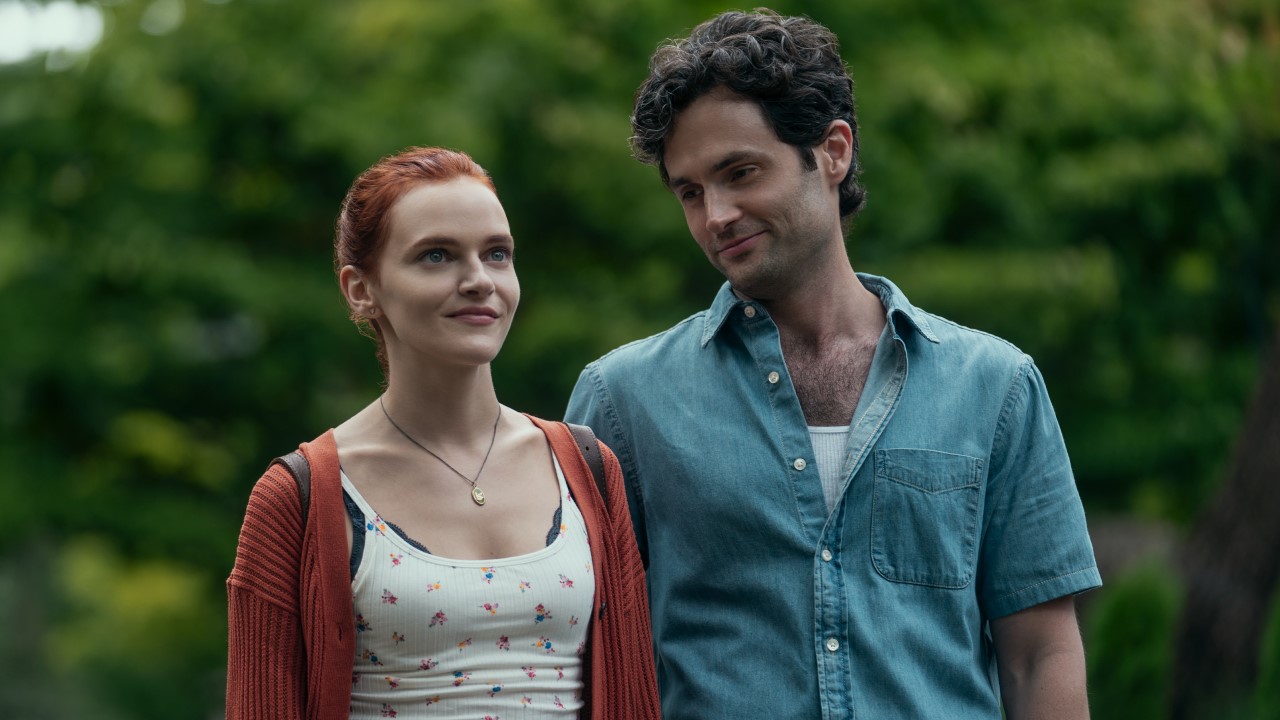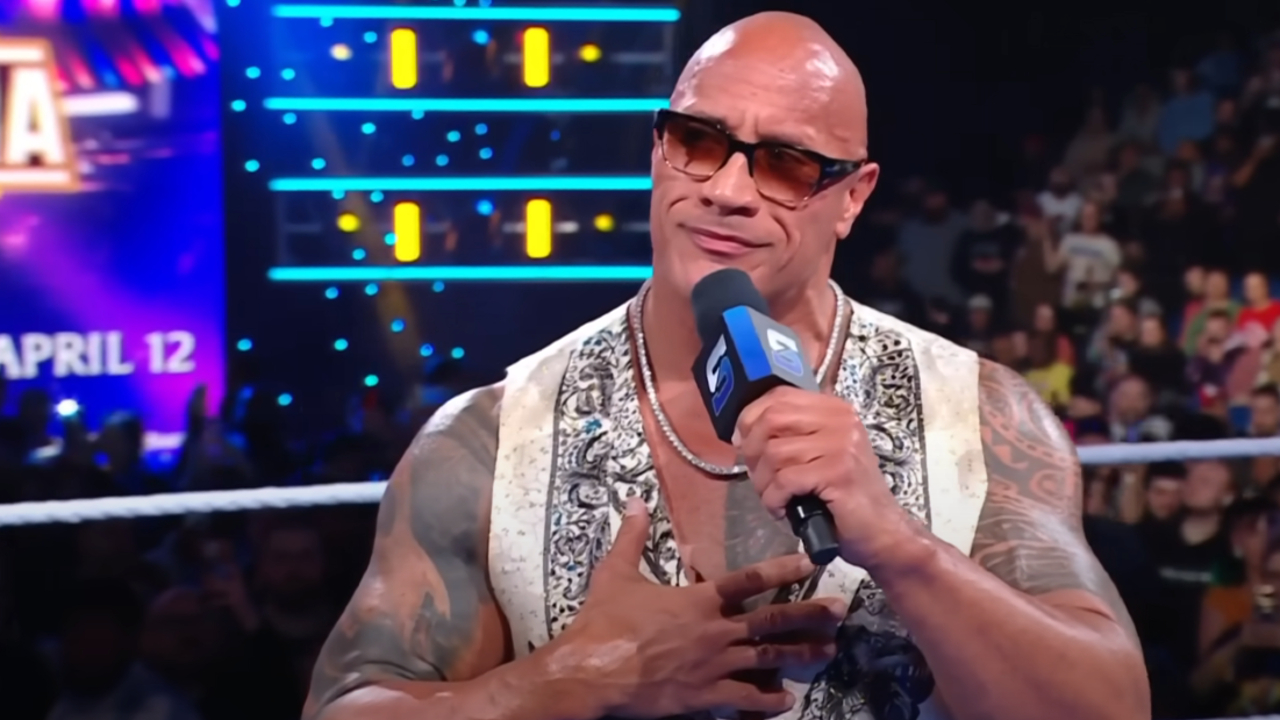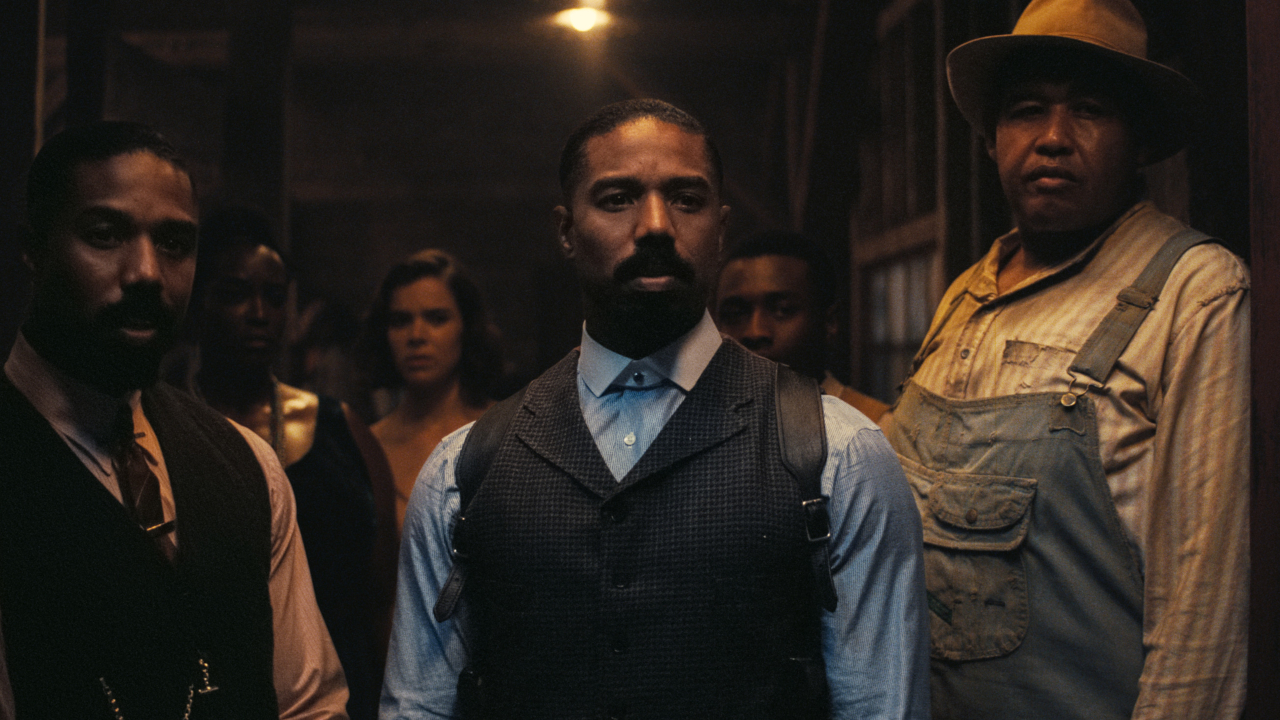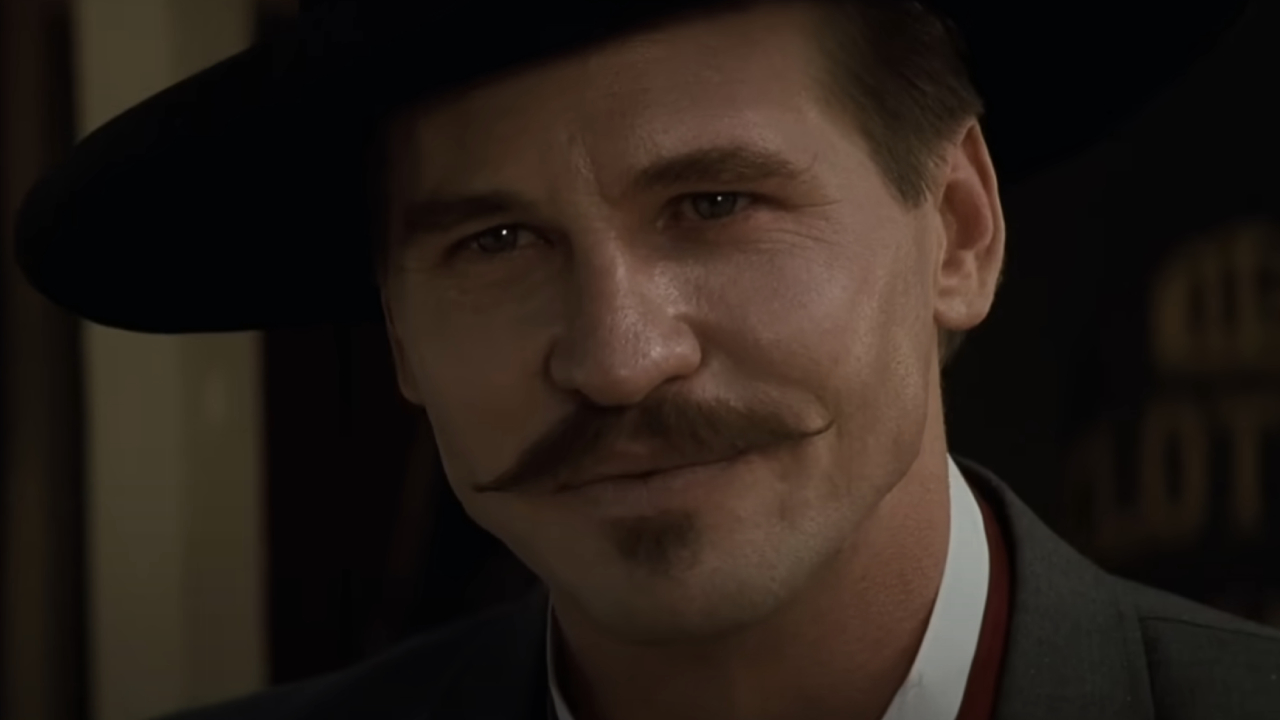Belfast Alternate Ending: What Happens And What It Adds To Kenneth Branagh's Coming Of Age Drama
This bonus feature on the Belfast home release adds so much...
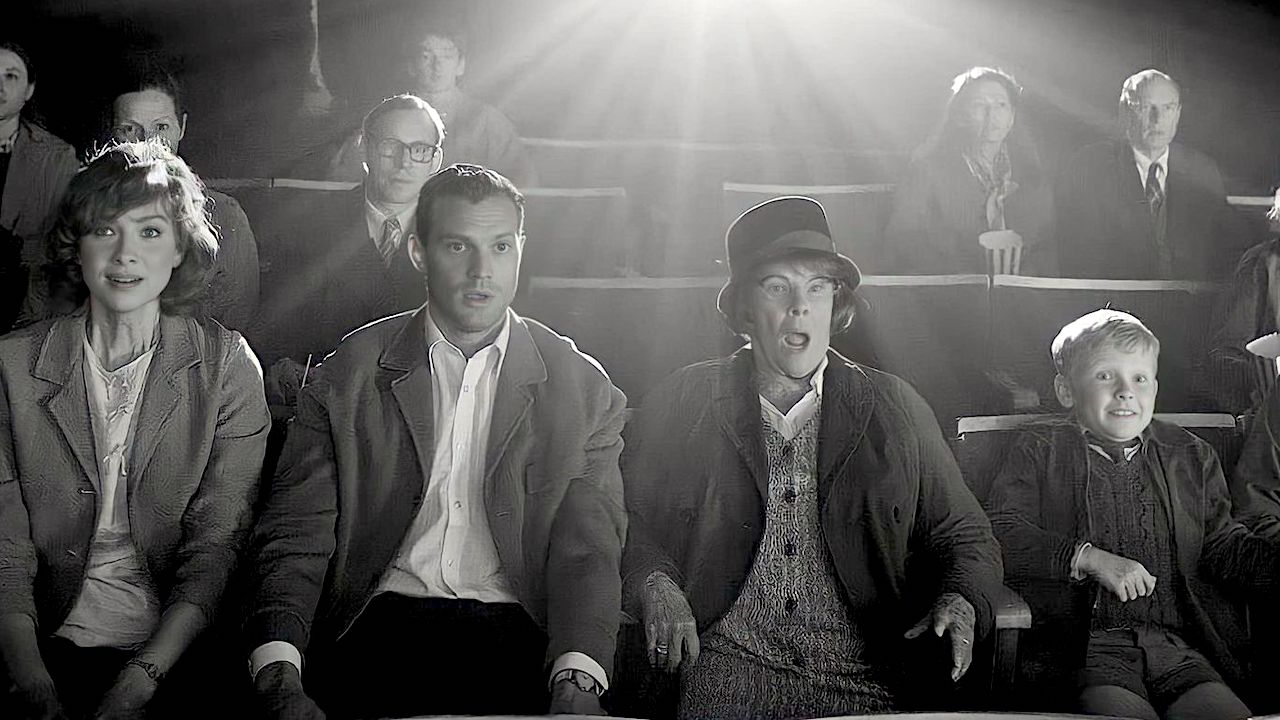
Typically when a movie ends, the credits roll, the lights come on, and you go about your business as you are transported from the magical world of the cinema back into the real world. But there are certain situations where we go back and revisit the transfixing piece of art and step back into the world the creator has crafted for the moviegoing audience. This just so happens to be the case with Kenneth Branagh’s coming of age drama Belfast, which upon its home release on Blu-ray and Digital, took audiences back to 1969 Northern Ireland with a small treasure trove of special features that only add to the movie and make the filmmaker’s love of his native land and family all the more noticeable.
The piece of bonus content that stands out the most, and one that literally adds to the movie, is the Belfast alternate ending, which features a brief coda that serves more as an extension of the film than anything else. Below, I will break down what happens in the original theatrical cut, the alternate ending, and what those few extra minutes add to this beautiful and personal movie that has since received a total of seven Academy Award nominations.
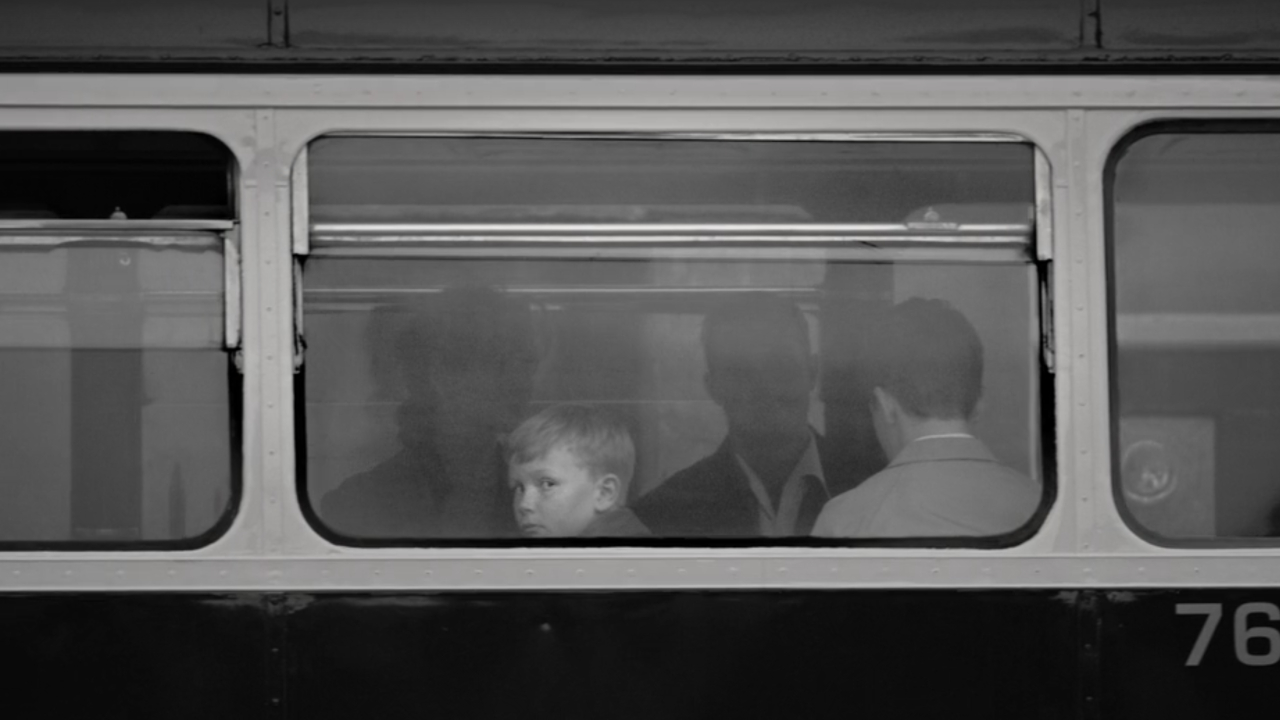
How The Theatrical Cut Of Belfast Ends
The original Belfast ending offers an emotional yet hopeful conclusion for Kenneth Branagh’s drama and sees Buddy (Jude Hill) and his family finally making the difficult decision to leave everyone and everything they know behind in hopes of finding a better life in England, a life far away from the sectarian violence and poor economic prospects of their hometown. In these final moments, “Granny” (Judi Dench), Buddy’s loving grandmother stays behind and watches what’s left of her family slowly depart on a bus, offering this heartbreaking line:
Go. Go now. Don’t look back. I love you, son.
And then, the movie cuts to modern-day Belfast (fully in color just like the film’s opening shots) with the following text running across the screen: “For the ones who stayed. For the ones who left. And for all the ones who were lost.”
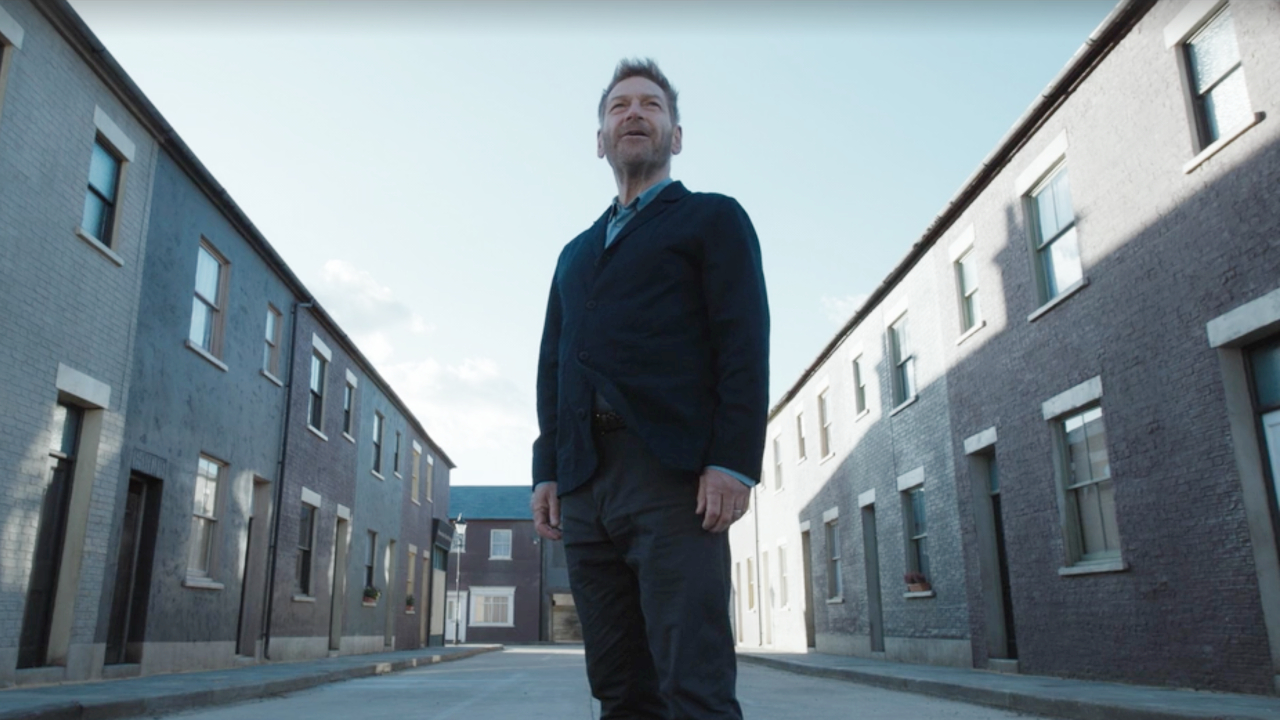
What Happens In The Belfast Alternate Ending
The Belfast alternate ending doesn’t really serve as a replacement to the theatrical cut, but serves almost as a continuation of the story Kenneth Branagh is trying to tell. In this ending, we see an older Buddy (Branagh) as he returns to modern-day Belfast for an undisclosed reason.
Upon leaving the airport, Buddy’s driver shows him around the city, pointing out all the major landmarks like the Titanic museum and the studio where “every episode of Game of Thrones” was shot. Buddy, however, is only interested in one thing: seeing his childhood home. During the drive, he asks the driver to turn down a random street that eventually leads to the row of houses seen throughout the earlier parts of the movie. He walks and takes in the sights and sounds as he is taken back to that oh-so-familiar block where he played football, stole chocolate, and fell in love with movies long ago.
During this sequence, Buddy has a conversation with one of his old neighbors who tells him it’s okay to get sentimental about coming home before saying:
CINEMABLEND NEWSLETTER
Your Daily Blend of Entertainment News
You only thought you were away. You weren’t. You were always here, you will always be here, these streets, this city. Now you just have a funny accent to go with it. Remember, never forget yourself.
As Buddy’s driver tells him they should be going, he looks up to her and says he can make his way back as he knows which road to take (a callback to a younger buddy’s reaction to his pastor’s sermon about coming to a fork in the road earlier in the movie) before yelling out:
You can’t get lost here. This isn’t just a city; this is a state of mind. This is Belfast.
The scene ends with Buddy walking away from the camera, passing by the various characters from the movie who then join him in a slow march with the sounds of Belfast playing in the background before the screen fades to black.
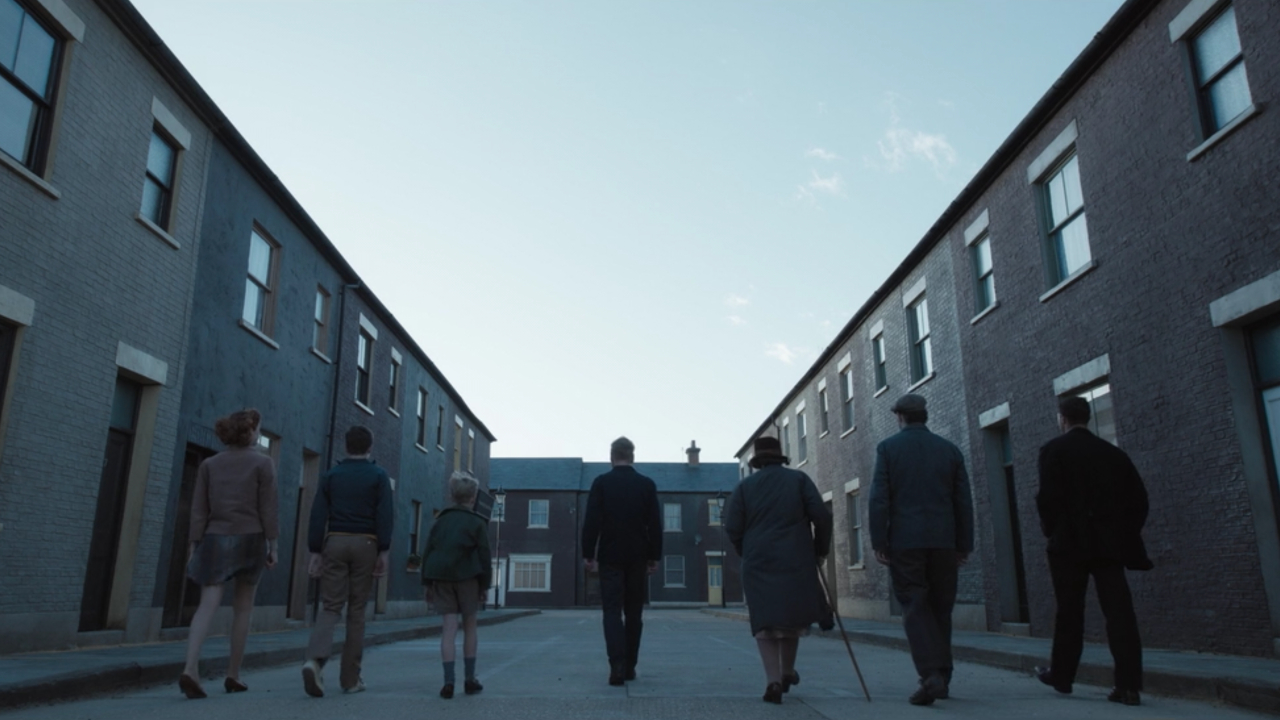
What The Belfast Alternate Ending Adds To The Story
Even though the original Belfast ending does a tremendous job of tying a nice bow on Kenneth Branagh’s highly personal story, there was something about the alternate ending that struck a nerve. As someone who left their childhood home for a better prospect of a future, the visual of an older Buddy coming back to his old stomping grounds made me a little misty-eyed and left me thinking about the people, places, and memories that are still very much a part of me despite having been gone all these years.
But, beyond my personal feelings and experiences, the alternate ending also does a fantastic job of wrapping up some of the major points of the movie, especially when it comes to the effect the pastor’s sermon had on a younger Buddy all those years earlier. Throughout the movie, the young boy obsesses over making the right decision at the proverbial fork in the road, and in the final moments of the alternate ending, it’s clear that his family’s decision to leave home was the right path for Buddy.
Now, this is not to say you can’t go home again, as for Buddy, home is a state of mind; a feeling, so to speak. He holds those memories -- both good and bad -- near and dear to his heart, and Kenneth Branagh’s upbringing in the conflicted Belfast is still very much a part of him over 50 years after leaving “home.”
It should also be noted that this alternate ending was originally how the movie was supposed to conclude, but as Branagh explained in a conversation with Collider, he felt the movie worked better as a more trimmed-down version, saying that certain elements didn't work. Who knows, maybe there will be an extended director's cut featuring the alternate ending with all the deleted scenes left on the cutting room floor.
If you want to see the Belfast alternate ending, as well as other great bonus features, pick up a copy on Blu-ray and Digital and at various retailers. And, if you want to know where you can watch all the Best Picture nominees, don’t worry, because we have you covered. Oh, and don't forget to take a glance at all the other new DVD and Blu-ray releases you can expect to see this year.

Philip grew up in Louisiana (not New Orleans) before moving to St. Louis after graduating from Louisiana State University-Shreveport. When he's not writing about movies or television, Philip can be found being chased by his three kids, telling his dogs to stop barking at the mailman, or chatting about professional wrestling to his wife. Writing gigs with school newspapers, multiple daily newspapers, and other varied job experiences led him to this point where he actually gets to write about movies, shows, wrestling, and documentaries (which is a huge win in his eyes). If the stars properly align, he will talk about For Love Of The Game being the best baseball movie of all time.
